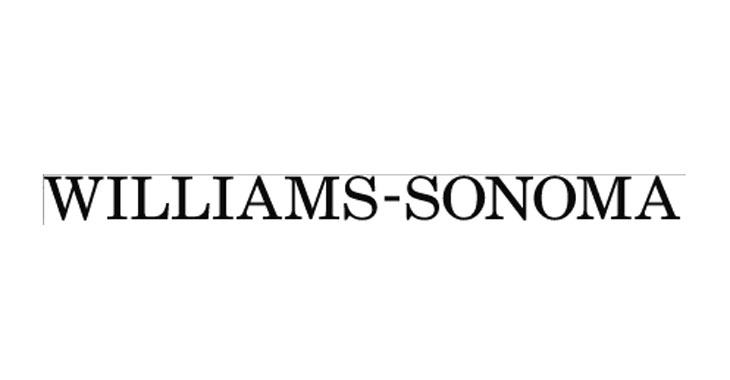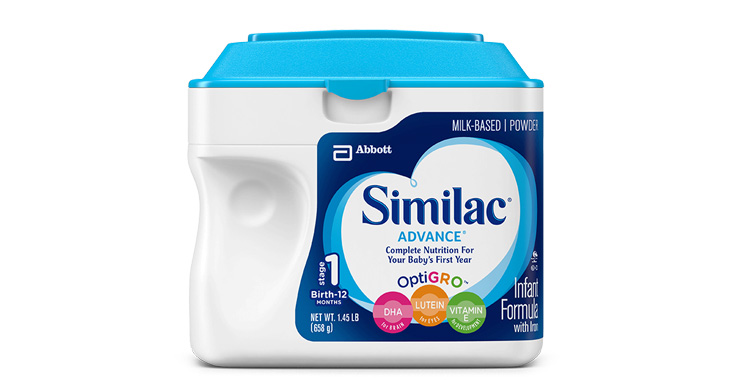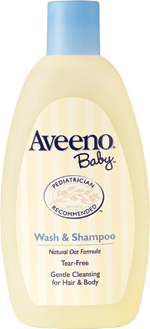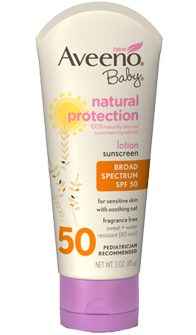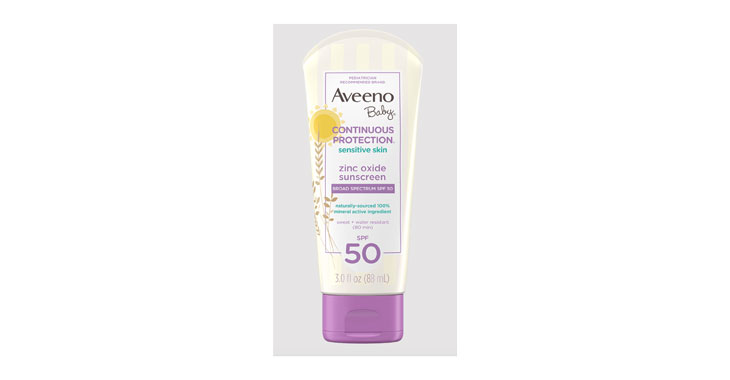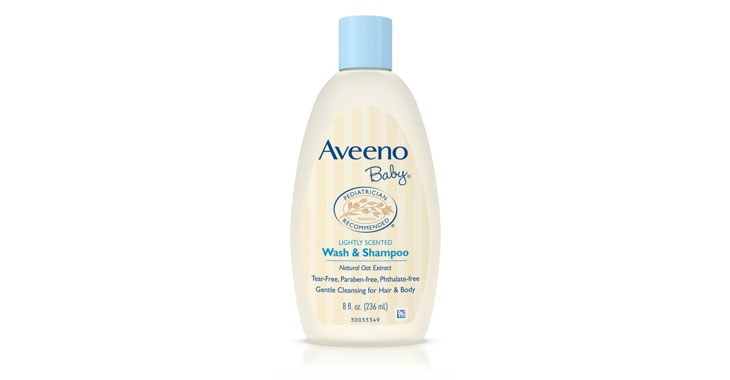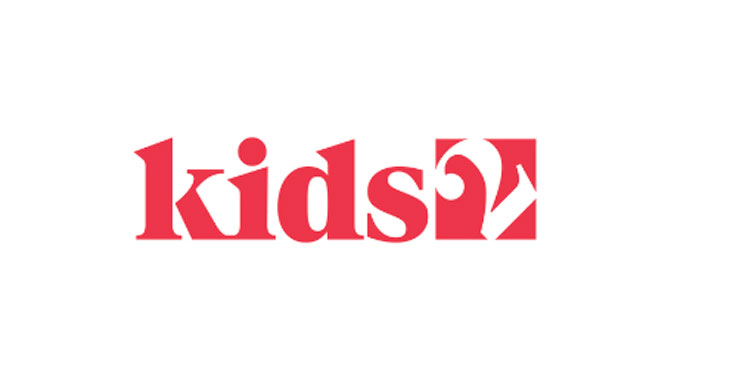
CATrends: Deceptive ‘Plant-Based’ Claims
A deceptive marketing trend takes root.
Information about federal false advertising class actions filed around the country. Please note, our list is neither comprehensive nor reflective of TINA.org’s opinion.
A deceptive marketing trend takes root.
Watch out for hidden fees.
Lawsuits allege “100%” marketing on front label is misleading.
In November 2019, a class-action lawsuit was filed against Pottery Barn and Williams-Sonoma for allegedly misleadingly marketing that their crib bumpers are safe accessories for baby cribs without adequately disclosing…
In May 2017, a class-action lawsuit was filed against Abbott Laboratories for allegedly misrepresenting that Similac Advanced Non-GMO baby formula does not contain any genetically modified organisms (GMOs) when, according…
October 2013: This action was dismissed When a complaint is dismissed without prejudice, an amended version of the complaint can be refiled., the reasons for which have not been disclosed.…
September 2013: The named plaintiffs voluntarily dismissed this action When a complaint is dismissed without prejudice, an amended version of the complaint can be refiled.. The reasons have not been…
Allegations: Misleadingly marketing products as specially made for babies when they contain the same formulation as the adult versions
July 2019: A federal judge granted final approval of the settlement agreement. May 2019: Plaintiffs moved for final approval of a proposed settlement agreement that would provide class members with…
Allegations: Misrepresenting that it protects consumers’ personal information when it failed to do so and there was a data breach in 2024
Allegations: Deceptively marketing products as safe to use as baby bassinets without disclosing that their inclined surface puts babies at risk of suffocating
Allegations: Misleadingly marketing booster seats as safe for children who weigh 30 pounds and are 3 years old when the seats are not safe for children under 40 pounds and…
Allegations: Misleadingly marketing products as safe when they pose a risk of shocking consumers due to a defect in the power adapter


